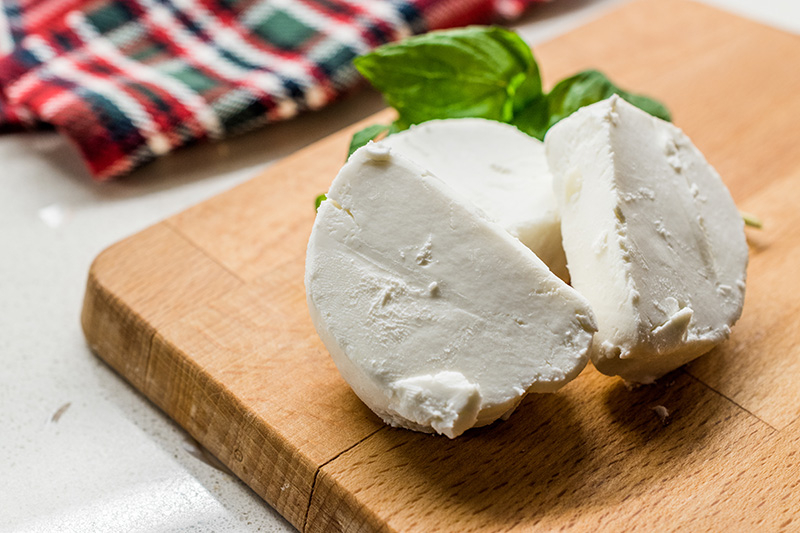It's easy to get answers about health and nutrition! Just send your question by email to [email protected] and Dr. Harlan will respond to selected questions of general interest. Answers will be posted in the Ask Dr. Gourmet newsletter (sign up now!) and archived in the Ask Dr. Gourmet section of the website.
Please note that the Ask Dr. Gourmet feature is restricted to questions regarding food and nutrition. Due to the many questions we receive, not all questions may be answered. For more specific questions about your individual health, please contact your doctor. About Timothy S. Harlan, MD, FACP, CCMS | Terms of Use | Privacy Policy
Just Tell Me What to Eat!
The Delicious 6-Week Weight Loss Plan for the Real World
Timothy S. Harlan, MD, FACP has counseled thousands of his patients on healthy, sustainable weight loss. Now he's compiled his best tips and recipes into a six-week plan for you to learn how to eat great food that just happens to be great for you.
Get the prescription for better health as well as healthy weight loss, including:
- What to eat
- How to cook it
- When to eat it
- What to eat at a restaurant
- What to eat if you're in a hurry
- and best of all....
- Why eating great food is the best health decision you'll ever make.
Ask Dr. Gourmet
I'm lactose intolerant, but I can eat goat cheese. Why?
Can you give me some ideas about where to find complete nutritional info on goat cheese? I am lactose intolerant but find that I can eat goat cheese. I am looking for research info or hard facts on goats cheese. Specifically fat content and cholesterol info. It's said to have smaller fat molecules, be easier to digest, etc.
Dr. Gourmet Says...

Lactose is only found in milk made by mammals (as opposed to milk from nuts or soybeans). It is a two molecule sugar (called a disaccharide) made up of one molecule glucose and one molecule galactose. The body produces an enzyme called lactase that breaks the bond between these two saccharides so that the body can absorb them from the intestine.
Many people will lose the ability to make this enzyme, and because the lactose can't be split, it passes into the large intestine. The result can be gas, pain, bloating, and diarrhea.
Goat's milk does contain lactose and it has almost as much as cow's milk. Cheeses made from both cow's milk and goat's milk will have a reduction in the amount of lactose due to the fermentation process. For this reason many people who are lactose intolerant are able to eat certain cheeses. Some people do tolerate goat cheese better, however. The fat molecules in goat's milk are shorter than in cow's milk and this may account for its easier digestibility for some.
An ounce of goat cheese has 80 calories, 6 grams fat, 4.5 grams saturated fat, 0 grams monounsaturated fat, 5 grams protein, 0 grams carbohydrates, 130 milligrams sodium and 20 milligrams cholesterol. Goat cheese has less than 1 microgram of Vitamin K per ounce.
Lactose intolerance should not be confused with milk allergy where people are allergic to the protein in different types of milk. This is more common with cow's milk and may also explain why some tolerate goat's milk better. To find out if you have a milk allergy, talk with your doctor about getting tested.
Thanks for writing,
Timothy S. Harlan, MD, FACP, CCMS
Dr. Gourmet

